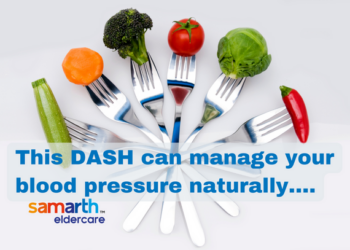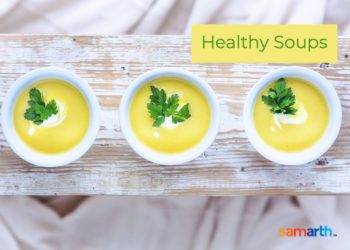Cabbage does not really figure in the top five favorite veggies of most people. It is a humble, available throughout all seasons kind of vegetable in India. It is used widely in salads, burgers, and tacos, especially in the West. In India, the Patta Gobi, or cabbage is cooked in various ways to make it into some tasty dishes.
Though not a popular one, cabbage is actually one of the healthiest vegetables, coming from the cruciferous family of veggies. It is loaded with nutrients, that have a lot of health benefits. Consumption of cabbage helps reduce the chances of diabetes, heart diseases, and obesity. What’s more, it even helps improve your mortality, and gives you a lot of energy. It is also easy to cook and store, and has a longer shelf life than most other vegetables. It can also be cooked independently, or mixed with some pulses or other vegetables as well.
Immunity builder

Join Now >
The fibre in cabbage, along with its water content helps keep your gut healthy and promotes digestion. This is especially true, if you consume it in the fermented form like Kimchi, which is a famous Korean dish. Eating cabbage prevents constipation, which is a major issue in aged people. It also helps remove the toxins through stool and bile, thus keeping you healthy. It has been proven that cabbage also helps build the immunity and works against inflammation. As we know, inflammation is linked to many diseases like cancer, obesity, heart diseases, etc.
Anti-cancer properties
Overall, a lot of research done on the topic has proved that cruciferous vegetable consumption helps reduce the chances of cancer. One of the reasons why most people do not like to consume cabbage is the slightly bitter taste it comes with. This is because of a compound called as sulforaphane. However, it is the very same compound that makes it an anti-cancer agent. Perhaps, the age-old saying that most healthy stuff won’t taste as great is true after all.
The anti-cancer properties of cabbage do not just end here. It also contains another compound called apigenin. This chemical has been found to reduce the size of breast cancer tumour, as per recent research records. Red cabbage also contains anthocyanin, a powerful antioxidant that again has been known to be quite effective against cancer. Another compound found in cabbage called as 3,3′-diindolylmethane (DIM), has shown significant anti-radiation effects during a study conducted for the same. This meant that further studies on using DIM in anti-cancer treatment were bound to provide some bright results. So, overall, it appears that it is good to include cabbage in your diet, for a good anti-cancer diet.
Heart health
Flavonoid-rich vegetables like cabbage are good for maintaining good heart health. Additionally, certain heart diseases are caused due to inflammation and cabbage also has anti-inflammation properties that prevent this. Apart from this, cabbage contains a high level of polyphenol, that helps prevent platelet build-up and reduce the blood pressure. All these properties make cabbage a good vegetable to ensure your cardiovascular health.
Nutrition Facts
So, what all does cabbage contain and why is it called a powerhouse of nutrients? Vitamin C, Vitamin K, Vitamin B6, folate, magnesium, calcium, potassium, thiamin and a host of antioxidants make cabbage a highly nutritious vegetable. A compound in cabbage has been linked to prevention of macular degeneration, while another to vision health.
Certain studies have also indicated that compounds in cabbage can help with skin and hair health as well. However, as a risk factor for those already on diabetes medications, cabbage may further reduce the blood sugar levels. It has also been known to interfere with thyroid hormones. So, those who are on medication for these two issues, should consult your doctor about consumption of cabbage.











